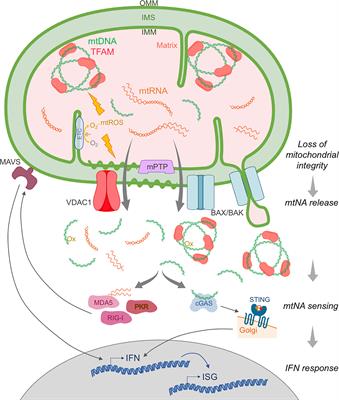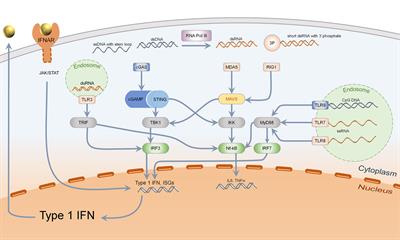EDITORIAL
Published on 14 Jul 2023
Editorial: Type 1 interferon in pathologies, autoimmune diseases, and chronic viral infections: understanding the fascinating biologic role of type 1 interferons
doi 10.3389/fimmu.2023.1239086
- 1,185 views
- 1 citation







